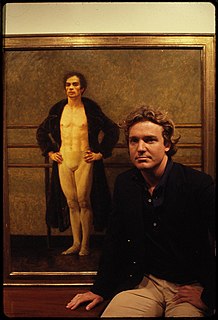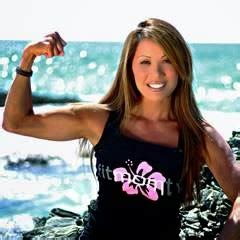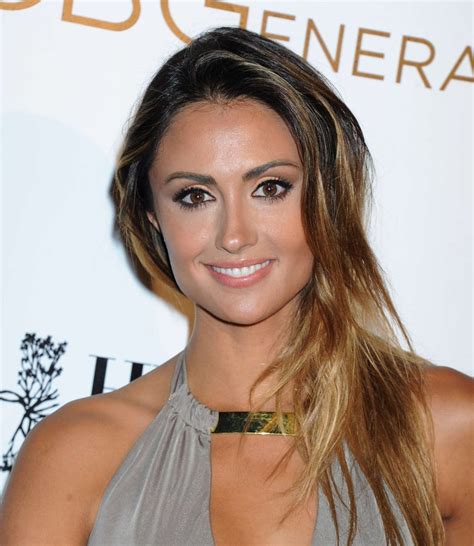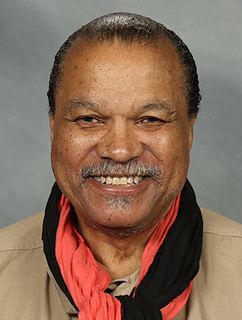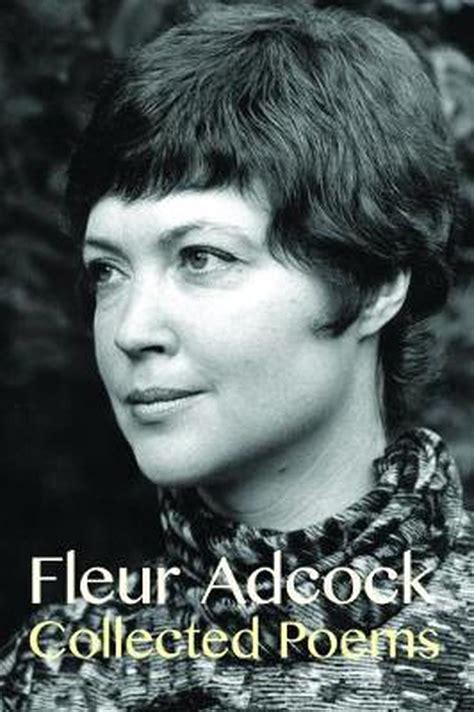A Quote by Jamie Wyeth
I mostly paint animals I'm familiar with, but I did a series of paintings of ravens, so I read everything about them.
Related Quotes
I think there is a classy way to go about changing people's views about how they treat animals, and that is with compassion, strategic moves, and passing laws to protect animals, not throwing paint and flour on people. That only turns them away from your whole purpose of helping those without a voice.
You have to listen to your own voice. Not your heart, not your instincts, not any of that self-permissive psycho-babble stuff. No, none of that. If it was just about instincts and bright ideas it wouldn't need to be a voice. It's about words. You hear them, read them, then you write. But mostly read. Read the bloody poems.
As Jeremy Bentham had asked about animals well over two hundred years ago, the question was not whether they could reason or talk, but could they suffer? And yet, somehow, it seemed to take more imagination for humans to identify with animal suffering than it did to conceive of space flight or cloning or nuclear fusion. Yes, she was a fanatic in the eyes of most of the country. . .Mostly, however, she just lacked patience for people who wouldn't accept her belief that humans inflicted needless agony on the animals around them, and they did so in numbers that were absolutely staggering.
